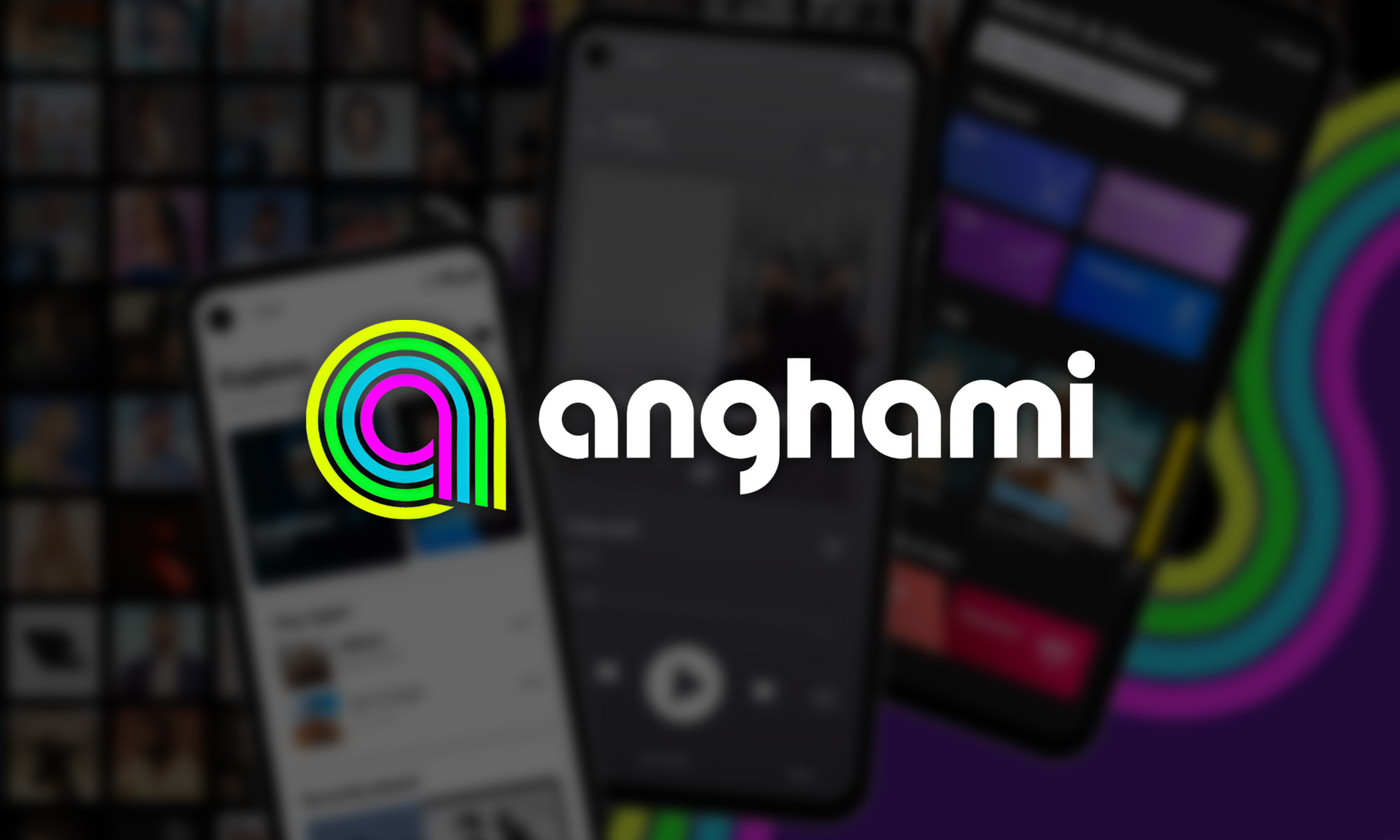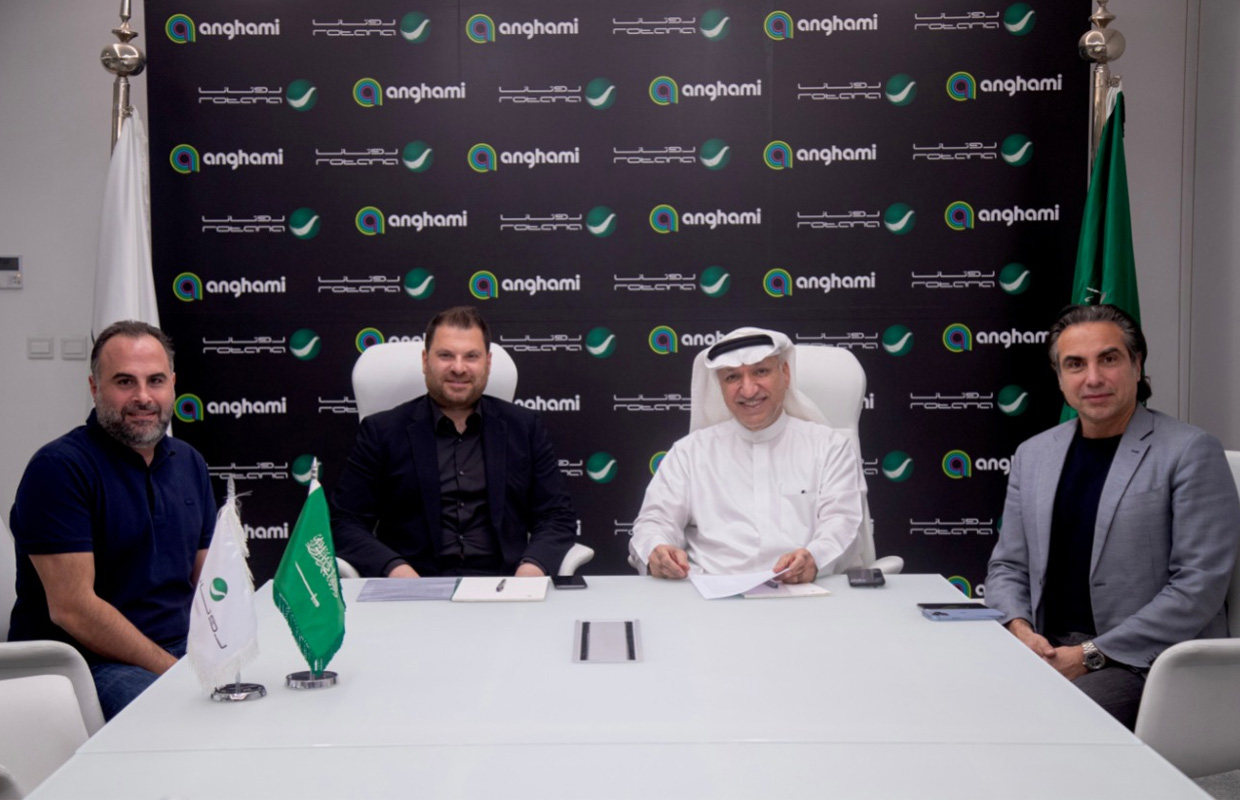News
Rotana’s Music Library Is Back On Anghami
The partnership with Rotana is expected to attract even more listeners to Anghami, which already has 75 million users from around the world.

All users of Anghami, the MENA region’s leading music and entertainment streaming platform, have a reason to celebrate because Rotana Music Holding, the largest record label and music repertoire holder in the Arab world, has just agreed to bring its large music library back to the platform.
We say “back” because Rotana was one of Anghami’s key partners when the service launched in 2012. The partnership ended when Rotana decided to move its copyrighted content to Deezer, which is partially owned by Rotana’s owner Al Waleed Bin Talal.
Anghami’s recent growth following its listing on the NASDAQ stock exchange on 4 February 2022, which caused its shares to grow by 80 percent and its market capitalization to exceed $500 million, might be a reason why the two companies are partners again.
Rotana’s music library includes some of the most popular Arab artists, such as Mohammad Abdo, Abdul Majeed Abdullah, Rashid Al Majid, Abdullah Al Ruwaished, Majed Al Mohandes, Rabeh Saqr, Nawal Al Kuwaitiya, and Ahlam.

The agreement for the partnership was signed Salem Al Hindi, CEO of Rotana Music Holding and Eddy Maroun, Anghami’s co-founder and CEO.
“We are thrilled to commence this partnership with Anghami, which will also strengthen the relationship between Rotana and its artists,” said Salem Al Hindi. “Rotana and its artists. We are confident that this collaboration will expand the business even further with the purpose of reaching Rotana music fans across the world.”
Also Read: Disney+ Confirms Its Middle East Launch Date
Eddy Maroun said that he was delighted to welcome Rotana to Anghami. “There is no better way to celebrate Anghami’s tenth year and next chapter, than expanding our library of 72 million songs to include Rotana’s authentic Arabic content and rewarding fans with a wealth of original tracks,” he added.
The partnership with Rotana is expected to attract even more listeners to Anghami, which already has 75 million users from around the world.
News
Rabbit Expands Hyperlocal Delivery Service In Saudi Arabia
The e-commerce startup is aiming to tap into the Kingdom’s underdeveloped e-grocery sector with a tech-first, locally rooted strategy.

Rabbit, an Egyptian-born hyperlocal e-commerce startup, is expanding into the Saudi Arabian market, setting its sights on delivering 20 million items across major cities by 2026.
The company, founded in 2021, is already operational in the Kingdom, with its regional headquarters now open in Riyadh and an established network of strategically located fulfillment centers — commonly known as “dark stores” — across the capital.
The timing is strategic: Saudi Arabia’s online grocery transactions currently sit at 1.3%, notably behind the UAE (5.3%) and the United States (4.8%). With the Kingdom’s food and grocery market estimated at $60 billion, even a modest increase in online adoption could create a multi-billion-dollar opportunity.
Rabbit also sees a clear alignment between its business goals and Saudi Arabia’s Vision 2030, which aims to boost retail sector innovation, support small and medium-sized enterprises, attract foreign investment, and develop a robust digital economy.
The company’s e-commerce model is based on speed and efficiency. Delivery of anything from groceries and snacks to cosmetics and household staples is promised in 20 minutes or less, facilitated by a tightly optimized logistics system — a crucial component in a sector where profit margins and delivery expectations are razor-thin.
Despite the challenges, Rabbit has already found its stride in Egypt. In just over three years, the app has been used by 1.4 million customers to deliver more than 40 million items. Revenue has surged, growing more than eightfold in the past two years alone.
Also Read: Top E-Commerce Websites In The Middle East In 2025
CEO and Co-Founder Ahmad Yousry commented: “We are delighted to announce Rabbit’s expansion into the Kingdom. We pride ourselves on being a hyperlocal company, bringing our bleeding-edge tech and experience to transform the grocery shopping experience for Saudi households, and delivering the best products – especially local favorites, in just 20 minutes”.
The company’s growth strategy avoids the pitfalls of over-reliance on aggressive discounting. Instead, Rabbit leans on operational efficiency, customer retention, and smart scaling. The approach is paying off, having already attracted major investment from the likes of Lorax Capital Partners, Global Ventures, Raed Ventures, and Beltone Venture Capital, alongside earlier investors such as Global Founders Capital, Goodwater Capital, and Hub71.
























